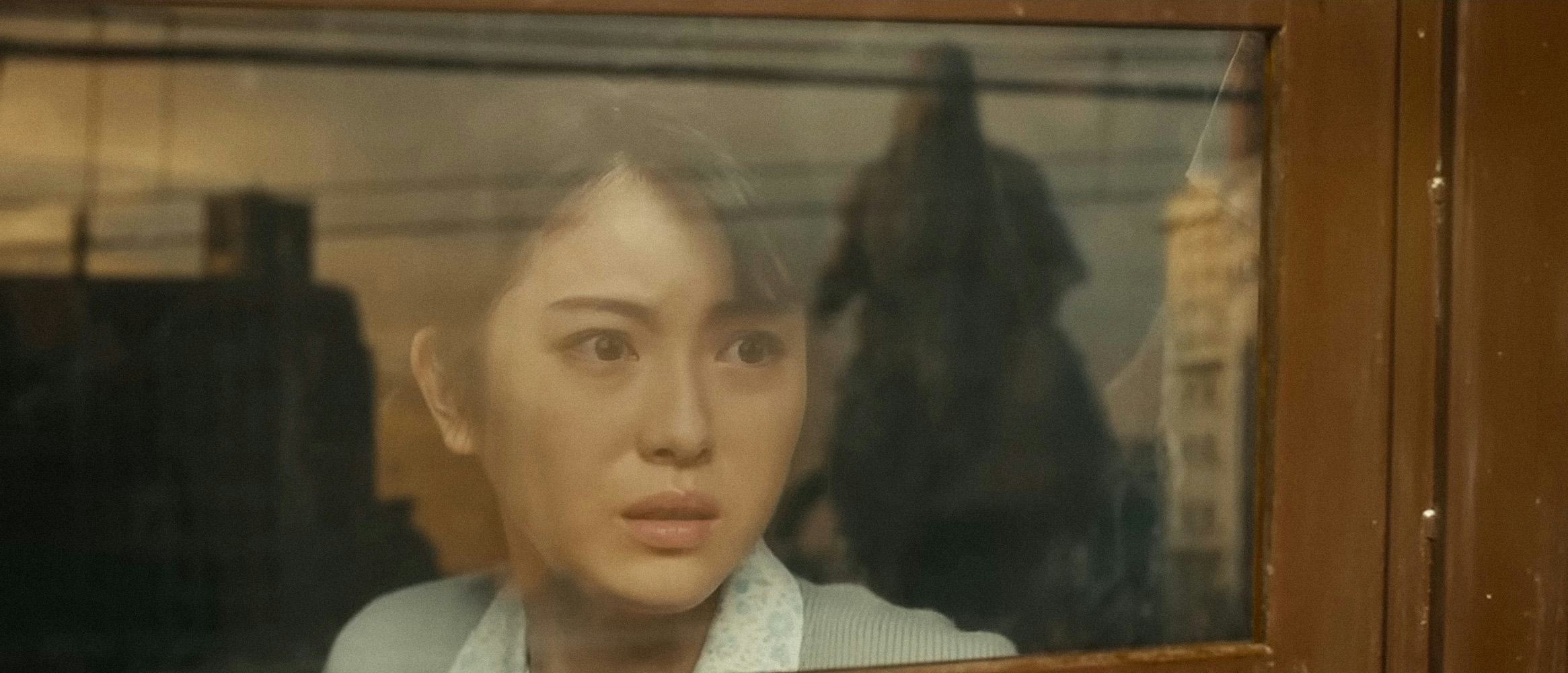
Christopher Nolan’s Oppenheimer is fast on its way to becoming the biggest film of the year. It’s certainly one of the more surprising success stories in 2023: it’s not every day that a three-hour World War II-era biopic scores both critical and commercial acclaim. That Oppenheimer dives deep into the moral complexities of nuclear warfare makes its success even more surprising. That said, not everyone is in love with the new Nolan film. Oppenheimer is doggedly faithful to its subject, “father of the atomic bomb” J. Robert Oppenheimer (Cillian Murphy). Very little takes place outside of his own subjective point of view. That means that, while Oppenheimer dedicates the majority of its attention to the creation of and fallout from the invention of nuclear weapons, very rarely does it turn its gaze to those immediately affected by Oppenheimer’s work.
The atom bombs dropped on Hiroshima and Nagasaki might have brought a swift victory in the Allied Powers’ struggle against Japan, but to the Japanese people, it represents a trauma that can scarcely be described. Countless have tried, many of them long before Oppenheimer was even a glimmer in Nolan’s eye — but audiences still criticized Nolan’s film for erasing the toll of Oppenheimer’s invention on the people of Japan.
Of course, this argument is a little flawed. Even if Nolan were to tell Oppenheimer’s story from a more objective stance, would his depiction of the Japanese perspective feel at all satisfying? The trauma of the joint atom bombs has already been explored, and with much more dexterity, in everything from animated manga adaptations to the very first Godzilla film. As limiting as Oppenheimer’s viewpoint may be, Japanese media has consistently delivered the story that many are searching out now — and the newest addition to Godzilla canon, Godzilla Minus One, is poised to remind us of that.
From the very beginning, Godzilla has always been a physical manifestation of nuclear anxieties. In the 1954 film that first canonized the kaiju, Godzilla represented nature’s revenge for the creation of the nuclear bomb. That theme has been remixed, subverted, and occasionally ignored throughout Godzilla’s decade-spanning franchise. But films like Godzilla Minus One bring the monster back to its devastating roots — and just in time to combat the backlash facing Oppenheimer.
While Hollywood puts Godzilla at the center of a rock ‘em sock ‘em MonsterVerse, Japanese productions have been exploring the events that first brought Godzilla to life. Godzilla Minus One joins films like Shin Godzilla in unpacking the consequences of nuclear war. While Shin Godzilla explored the toll of a modern-day Godzilla attack, Godzilla Minus One turns the clock back to post-war Japan. It’s poised to reboot Ishirō Honda’s original Godzilla, just with the carnage that we’ve come to expect from Roland Emmerich or Gareth Edwards. With Takashi Yamazaki (Lupin III: The First) behind the camera as director and visual effects supervisor, the new film might be the perfect entry point for those looking to dive into Oppenheimer’s biggest blind spot.







